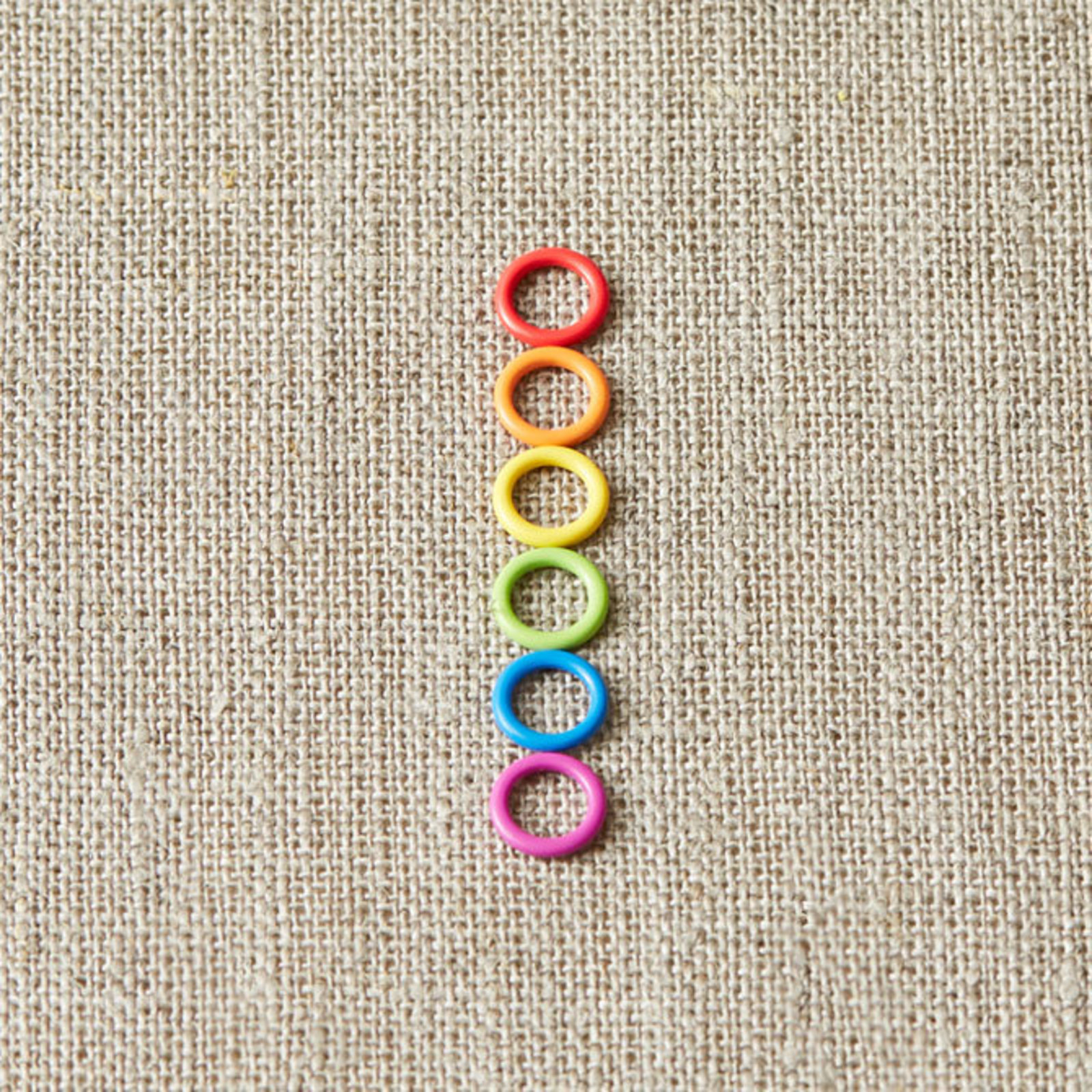
The Knitting Factory, a Brooklyn music venue, is very popular in Williamsburg. It was founded by Michael Dorf and Louis Spitzer in 1987. They also host comedy shows and weddings. If you're interested in seeing a performance, you'll want to check out the venue's website for current lineups and ticket prices.
Knitting Factory is an Brooklyn music venue
The Knitting Factory in Brooklyn is a music venue. The venue has two distinct spaces and is great for seeing a variety music. Every week, the venue hosts local bands and smaller traveling acts. The venue is also a great spot to catch the closing show.
It was established by Louis Spitzer and Michael Dorf in 1987.
Since 1987, there has been The Knitting Factory. It was founded in Brooklyn by Michael Dorf and Louis Spitzer and has become a part of the Williamsburg and downtown music scene. It has now moved to a new Brooklyn location. It can be found on Havemeyer Street at Metropolitan Avenue.

It is a favorite for comedy programs
The Knitting Factory has been a favorite venue for comedy shows for years. It first operated at 47 Houston Street. However, in 2009 it moved from Manhattan to Williamsburg at 74 Leonard Street. It quickly became a landmark in the neighborhood. Now, the venue has several locations including Boise and Spokane, as well as a record label and live festival business. Its last show will take place this month. However it will still have a variety of comedians.
It was an ideal location for weddings
Three venues are available at The Knitting Factory: the large main venue, the District Bar (mid-sized) and a smaller VIP Lounge. You can set up the main venue as a full-service banquet hall or as a ballroom with 3,600 square feet of dance floor. It is equipped with a stateof-the-art sound system, professional sound technicians, and an elegant lobby. You can even customize the lighting and decor.
It hosted Comedy Central Stand Up Featuring
The Knitting Factory, a comedy venue in Brooklyn, will close after the current season ends on September 15. The Knitting Factory has hosted numerous comedy events and will be closing after the current season. The owners have agreed to raise their rent by 75%. Despite this, the venue's owner have promised to look for new venues for future performances in the city. The Knitting Factory, which opened in 2009, will now host "Goodbye, Knitting Factory Brooklyn," which will feature a variety of comedians from around the world.
It hosted comedy shows
The Knitting Factory in Brooklyn was once a popular place to host comedy shows. The intimate venue welcomed both local and national comedians. Located in Bushwick, the venue has a pseudo-industrial feel, with sparse decor and a swinging door leading into the bathroom. The Knitting Factory not only hosts comedy shows but also hosts concerts, and other events.

It hosted live concerts
Over a decade, concerts were held at the Knitting Factory in Brooklyn. This year will mark the venue's final concert. The concert will take places on August 21st and features several top acts. These include Hannibal Buress, also known as Eshu Tune, Marilee, Roofeeo and Marilee. Surprise guests will be featured at the event. Tickets can be purchased here.
It was a nightclub
Knitting Factory will be closing its doors after 13 successful years on Metropolitan Avenue. The club was known for its comedy and music. It hosted numerous acts, including local artists and touring bands. It also hosted a Sunday comedy series.
FAQ
What are educational hobbies?
An educational hobby involves a sport or other activity where you can learn something from doing it. It could be anything from playing sports to learning how to play an instrument.
The most important thing is that you find it enjoyable and entertaining. While you don't need to do it every day, if bored you might consider other activities.
These activities could end up costing you far more than what you pay for.
What are some good hobbies?
Hobby Ideas that are great for people who enjoy teaching others.
Hobbies can allow you to be creative and have fun while learning.
There are many kinds of hobbies. However, all have the same characteristics. They're usually fun activities that require little effort and cost money.
They often involve helping others, such as teaching an instrument to someone or building an airplane model.
You may not think of yourself as a teacher but there might be something you could do in order to help someone else learn.
Consider starting a hobby to use your creativity to help others.
What are the chances of making money with my hobby?
Many hobbies can lead to making extra cash.
If your hobby is something you love, you might decide to make a living selling it.
For example, if you collect stamps, you may want to set up a website selling rare stamps.
You can also make extra income by selling and buying stamps.
Another option would be to create a YouTube channel where you talk about your hobby.
This allows you to share your passion with others and potentially generate additional revenue by offering premium content.
What kinds of hobbies are appropriate for introverts.
The ability to focus on just one thing is a hallmark of introverts. They enjoy solitude and prefer to read, write, play music, watch movies, etc.
They also enjoy spending quiet time alone. They don't enjoy being social all day. They can even become bored when they're surrounded by people.
This is why introverts choose hobbies that make them feel alone. An introvert might like to read, listen to music, take photographs, paint, write poetry, or even create art.
Introverts may even prefer to live alone. They can concentrate on their hobby without being distracted.
What does a hobby cost?
It costs nothing to start a hobby. If you're serious about it, however, it may take you many years to reach your goals.
However, there is something that can help. It's called passion'. Passion will help you put in the effort to succeed.
And once you start putting in those hours, you may find that you become addicted to the activity. This is where the real joy begins. Because you now enjoy what you do and are improving your skills every day. So by the end of the year, you will probably have made quite an improvement.
Don't fret about how long this takes. Give it a shot. You might just surprise yourself!
Statistics
- In comparison, men in the “no humor” condition were refused 84.6% of the time and were only accepted 15.4% of the time. (time.com)
- 37% Video Games 36% Travel 36% Health and Fitness (quizexpo.com)
- Almost 80% of people claim to have no hobby. (hobbylark.com)
- A new survey by Pew Research Center of teens ages 13 to 17 finds that 36% of girls feel tense or nervous about their day every day; 23% of boys say the same. (pewresearch.org)
- I am 100% biologically a woman (discover.hubpages.com)
External Links
How To
How to Start Gardening
Gardening is one of the oldest forms of agriculture. It takes patience, persistence, determination, and perseverance. The first step in starting your own garden is choosing a location where you want to grow food. This could be on a large piece of land or in your backyard. Next, pick the type of plants that you would like. Do you prefer vegetables or flowers? Some people enjoy growing herbs while others love raising livestock such as rabbits. Before you decide on the type of crops you want to plant, it is important to consider the space available. If your climate is cold, you may decide to plant berries and fruits.
After you have decided what you want to plant, it is important that you prepare the soil. How your plants perform is dependent on how well the soil you use. Good quality soil contains organic matter that helps feed your plants' roots. Organic matter includes things like leaves, twigs, grass clippings, manure, and compost. After you have prepared the soil, you will need to add nutrients. The type of plant you intend to grow will dictate the amount of nutrients you need. An online fertilizer calculator can help you calculate these values. There are many fertilizers available so be sure to know what you are purchasing.
Now you need to wait for the seeds to germinate. This can take anywhere from two weeks to three months depending on where you live and how warm it is. Once the seeds have sprouted you will need to water them often. Too much or too little water can cause problems. Overwatering can cause problems. Overwatering can result in root rot, fungal diseases, and even death. Keep in mind that plants are more thirsty during summer than winter. Also, remember that certain plants need to dry out after watered. For tomatoes, it is important to keep them moist but dry. Soggy soil is not good for them. After plants finish flowering, they need to go dormant. The time when plants stop producing new life and store energy for the next season is called dormancy. Dormancy occurs when the plant stops sending signals that tell its roots to produce food. Throughout this time, plants can store energy. The plant will eventually die if it is not given enough sunlight or temperatures below freezing.
Urban areas can limit your choices for plants. Concrete sidewalks, roads and buildings are common in urban areas. They block sunlight from reaching the ground. Concrete absorbs light and prevents soil below from getting sufficient sun exposure. Many plants can't survive in urban environments due to lack of sunlight. Fortunately, there are still many plants that can thrive in an urban environment. Many trees, shrubs and perennials can thrive in urban environments. In addition, many annuals can be grown indoors in containers. You can bring greenery inside your home all year round, regardless of the weather.
Now you're ready to plant.